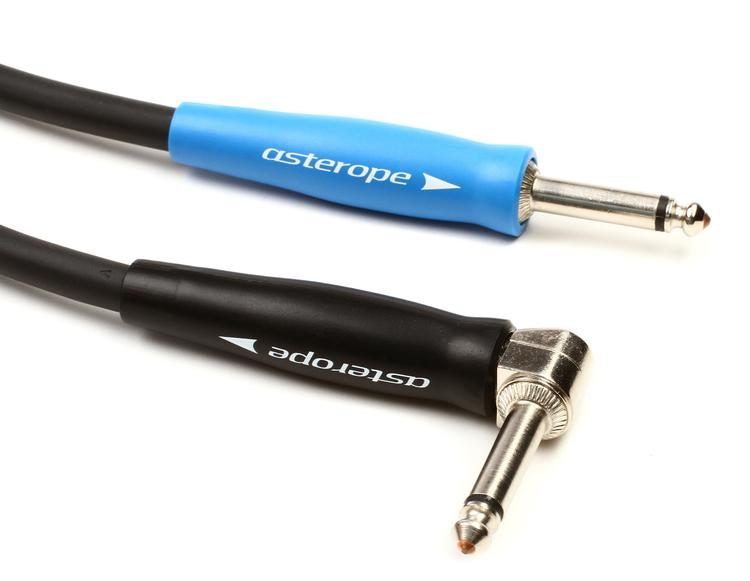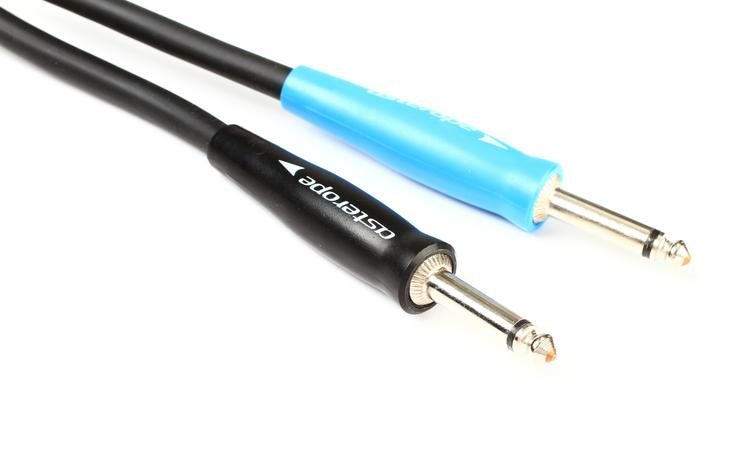I'm pretty sure some of you assemble your own cables, curious as to what cable and plugs you recommend.
Last edited:
Thanks, I was looking at the Neutrik plugs, seem like a good one.Neutrik plugs
Good quality microphone cable - yes - balanced w 2 wires + shield.

